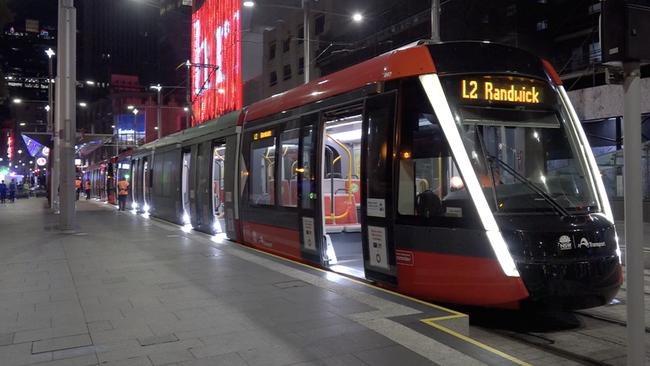Border bans ‘more worrying than Covid’
Sudden border closures are now a bigger deterrent to travel than the fear of catching COVID-19, a survey has found.

The fear of being caught out by sudden border closures is now proving more of an impediment to domestic travel than the fear of catching COVID-19, in a devastating blow for tourism operators.
In the two weeks since Christmas Eve, tourism revenue has dropped at least $3bn compared with a year ago, with regions such as far north Queensland losing $8m a day.
Almost daily changes to border restrictions by the states and territories in response to COVID cases have been blamed by frustrated operators, struggling to keep up with who can go where.
Research by the Australian Airports Association found 52 per cent of 500 people surveyed, were now more concerned about sudden border closures than COVID-19.
Tourism and Transport Forum chief executive Margy Osmond said the loss of confidence among travellers was just as crippling for the industry as the financial losses.
“While no government is willing to address the issue of state closure uniformity around the country, we will continue to be devastated in a way no other industry is affected (by COVID-19),” Ms Osmond said.
“The aviation industry was absolutely skilled up and resourced for this time of year and the worst thing happened (when Greater Sydney was declared a hotspot). The accommodation industry lost millions of dollars from cancellations.
“We’re one of the biggest employers in the country but we’ll be lucky to survive this unless there is certainty around borders, or a massive ramping up of the vaccine process so the issues that are creating the border problems cease to exist.”
Any hope of a national approach was quickly dismissed by Acting Prime Minister Michael McCormack, who said lockdowns were a matter for the state premiers.
“We don’t override the states’ responsibility in that regard,” Mr McCormack said. “And yes, while I understand and appreciate that border lockdowns have had an impact on people’s lives and livelihoods, what we’ve actually been able to see is Australia remain as largely COVID-free as possible.”
Virgin Australia has cancelled more than half its services out of Sydney this month and multiple flights between the east coast and Perth.
Qantas and Jetstar were also scrapping dozens of flights, and Regional Express (Rex) was considering a delay to the March 1 launch of Melbourne-Sydney operations.
A Rex spokesman said the latest round of restrictions was having a severe impact, with schedules being adjusted on a weekly basis to minimise losses.
“Rex is closely monitoring the situation and obviously if the borders are highly likely to remain shut, then Rex may make a decision to postpone the launch (of Melbourne-Sydney services),” he said.
Queensland Tourism Industry Council chief executive Daniel Gschwind said for an industry built on consumer confidence, the ever-changing border restrictions were devastating.
“Initially the concern was health. Now the concern is just a lack of certainty in terms of (travel) plans and financial risk to travelling,” Mr Gschwind said.
“No amount of government support can make up for the enormous losses that have been incurred in our tourism and hospitality industries.”
After a promising start to the summer holiday period, Brisbane Airport saw passenger numbers slump to less than a third of pre-COVID figures in recent days.
On Monday, 16,000 people were booked to fly in or out of Brisbane compared to the 2019 daily average of 55,000.
A Brisbane Airport Corporation spokeswoman said they were not expecting any improvement in the short term. “In the context of the numerous interstate border closures and hotspot lockdowns in recent days and weeks, we are anticipating a more wary travelling public,” she said.
“This may see daily passenger levels remain around current reduced levels.”
Tourism Tropical North Queensland chief executive Mark Olsen was more optimistic, following the end of the three-day Brisbane lockdown on Monday night.
He said despite the challenges the snap lockdown had created for operators, it was “essential” for restoring confidence.
“We’d love to see state and territory leaders announce Queensland is open for travel again,” Mr Olsen said.
“As a region that has been incredibly successful in attracting interstate and international visitors, we have been disproportionately affected compared to the capital cities.”
Destination Gold Coast chairman Paul Donovan said visitor numbers were not on par with previous years but they appreciated the support they had received.
“Cancellations that resulted from (hotspots) Greater Sydney and more recently Greater Brisbane have had an impact, but we are also seeing more Queenslanders opting to holiday on the Gold Coast,” Mr Donovan said.
“Gold Coast’s tourism industry appreciates the tremendous support we’ve had to date from our southeast Queensland and northern NSW markets.”




To join the conversation, please log in. Don't have an account? Register
Join the conversation, you are commenting as Logout